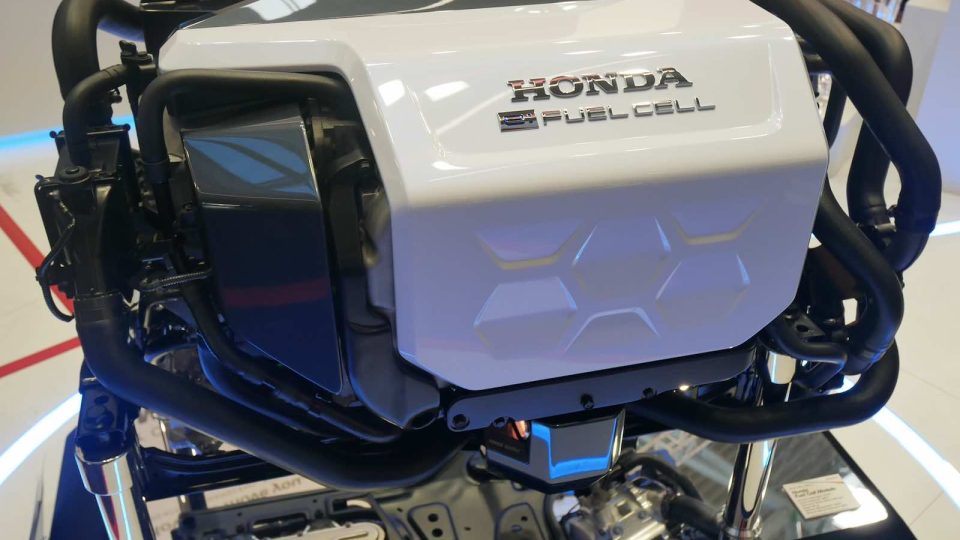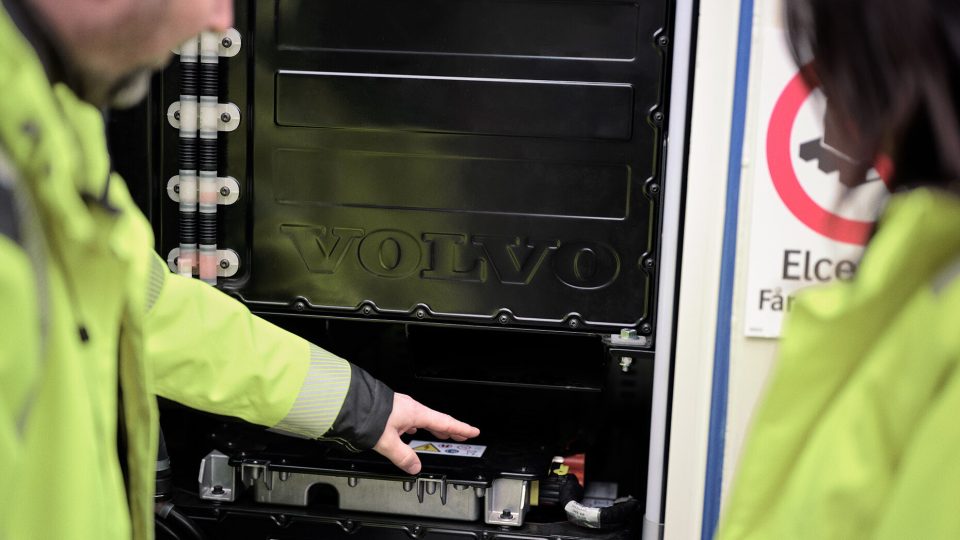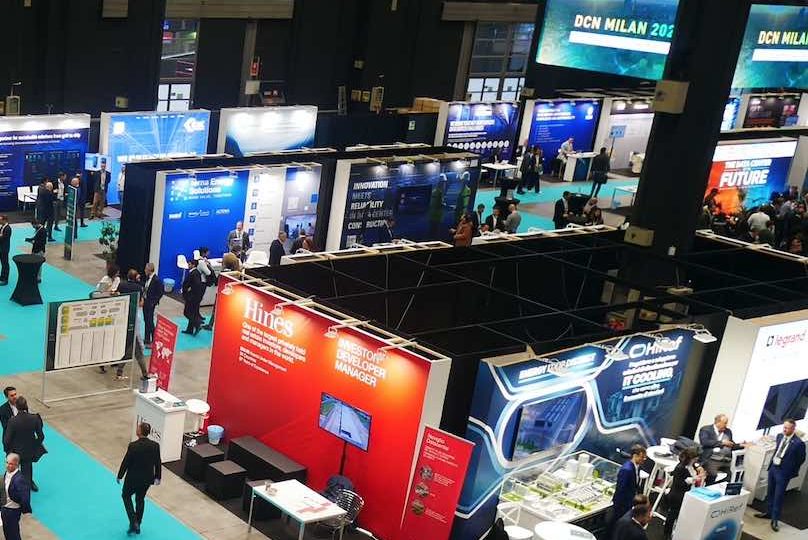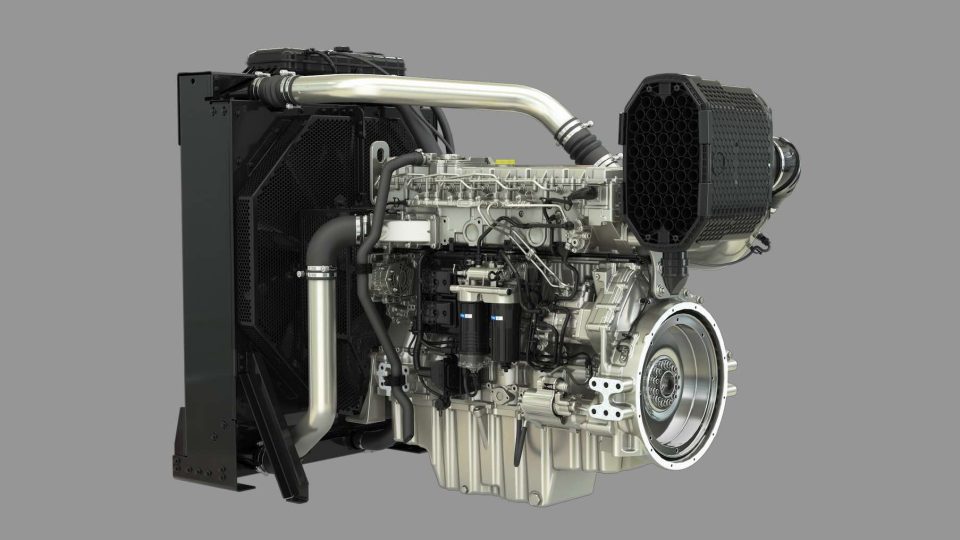Rolls-Royce supplies mtu generators for hospital in Pakistan
Rolls-Royce has delivered three mission critical mtu diesel generator sets for two Indus Hospital & Health Network (IHHN) facilities in Karachi and Lahore, Pakistan
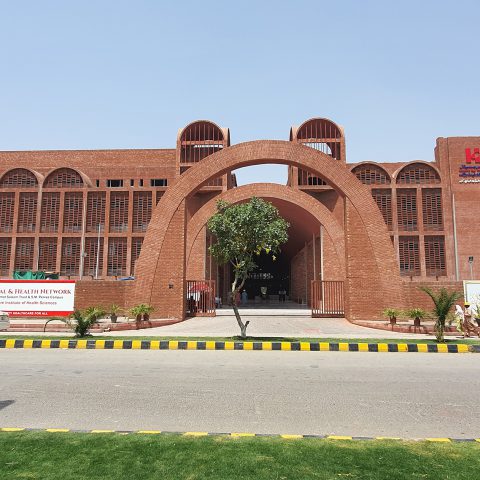
Rolls-Royce has delivered three mission critical mtu diesel generator sets for two Indus Hospital & Health Network (IHHN) facilities in Karachi and Lahore, Pakistan to provide emergency backup power in the event of a power interruption. IHHN is a not-for-profit healthcare network that relies on public and corporate donations and grants to provide free and quality healthcare to millions of patients. Rolls-Royce provided the generator sets at cost to IHHN.
An mtu 18V2000 DS1400 generator set was delivered to IHHN’s Korangi Campus in Karachi and both an mtu 16V4000 DS2500 and 16V2000 DS1100 generator set to the IHHN – Qarshi Foundation, Naimat Saleem Trust & SM Pervez Campus in Lahore.
“We have done an extensive study of all reputable genset manufacturers and selected mtu gensets from Rolls-Royce due to their high fuel efficiency and excellent sales and aftersales support from R.A. Engineering & Services here in Pakistan,” said Sajid Hazrat Khan, Electrical Managers, IHHN.
“The gensets offer a high availability and reliability of power with long maintenance intervals. These technical and performance capabilities of the mtu gensets, along with low lifecycle costs made Rolls-Royce the best choice for IHHN”, said Bahir Olcay from Rolls-Royce Power Systems.
Starting with only one hospital in Karachi in 2007, IHHN has now evolved and has been working to improve healthcare in Pakistan. IHHN consists of 13 hospitals – five owned and managed by IHHN, and eight managed by the Network under the umbrella of public-private partnership – plus four regional blood centers, four physical and rehabilitation centers, Pakistan’s largest Pediatric Oncology Unit, primary care centers, and a large number of public health initiatives across the nation. IHHN has set up container-based community health centers in Sindh and Punjab and a ‘Boat Clinic’ to serve the population of Southern Punjab. The Network is currently serving more than 450,000 patients monthly.




